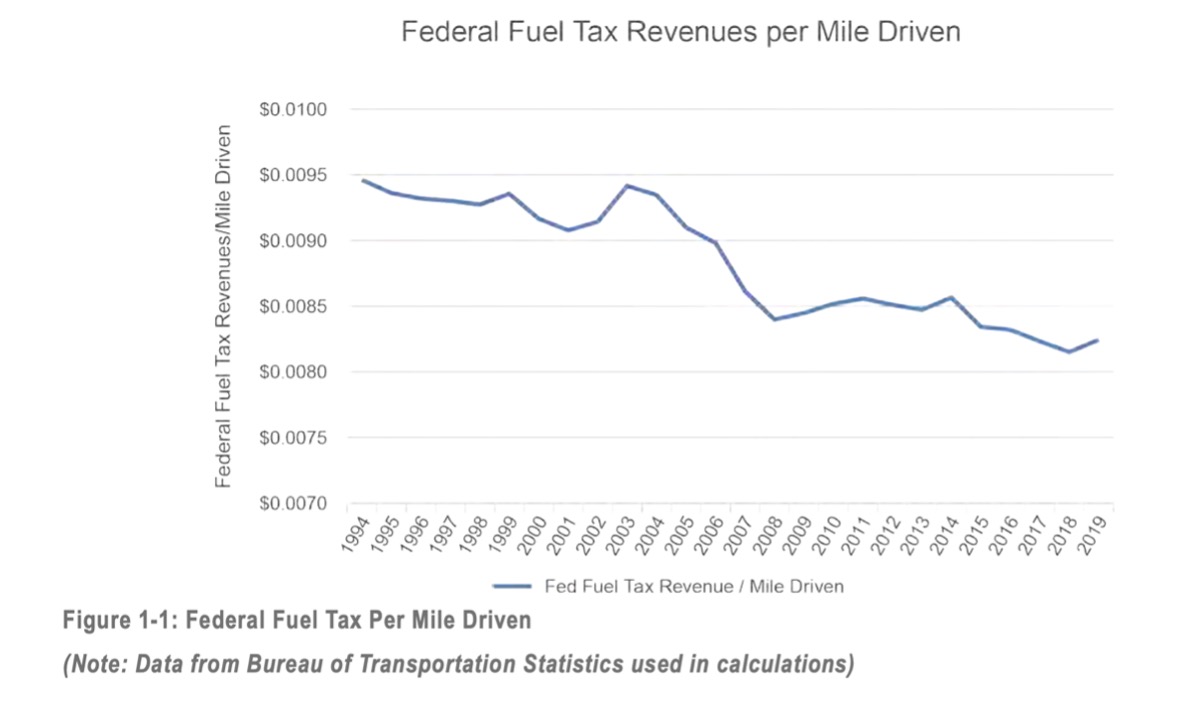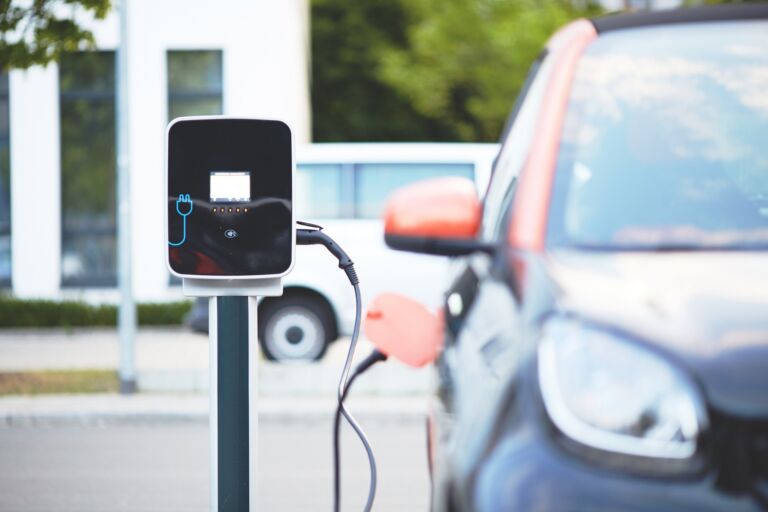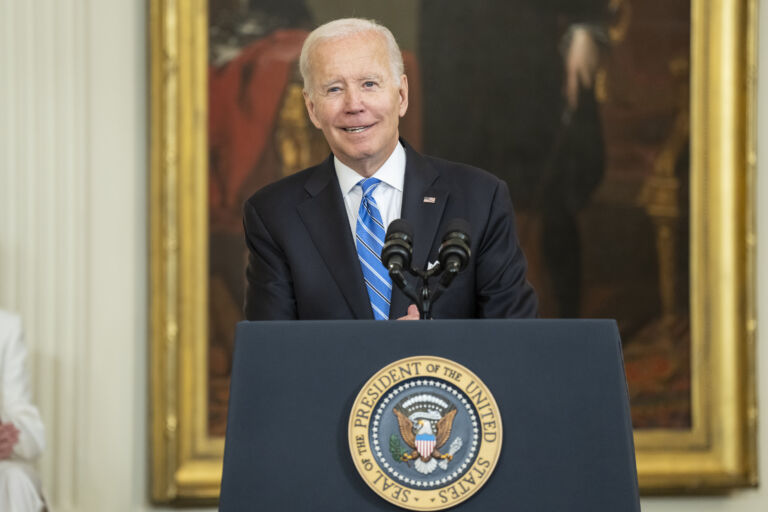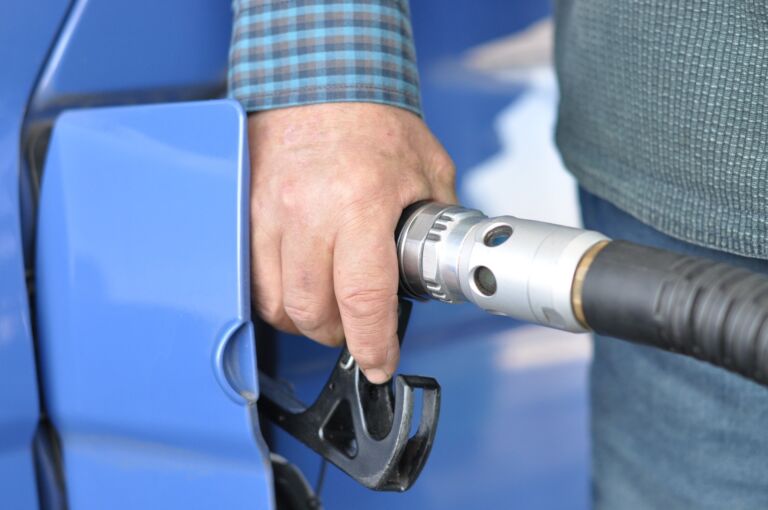A 17-state coalition seeking out gas tax alternatives is looking for volunteers in North Carolina to test mileage-based user fees (MBUF).
In response to increased usage of fuel efficient and electric vehicles, the Coalition looks for workable solutions to shift future road funding away from the gas tax. Today, vehicles use half the energy per mile than they did in the 1970s. As these trends continue, the gas tax may be insufficient to cover the cost of our roads. A more sustainable funding source is needed.
According to an article today in the News & Observer, “The Eastern Transportation Coalition has been studying the idea for several years through surveys and pilot programs involving commercial trucks and private vehicles.” The Coalition of 17 states in the Eastern United States and Washington, D.C. has completed four passenger vehicle pilots and two commercial vehicle pilots.

In North Carolina, recent budget adjustments proposed diverting sales tax revenue to NCDOT in coming years to address revenue inefficiencies. The Eastern Transportation Coalition’s study of MBUF in North Carolina is admirable and provides another option to address gas tax dependability.
A study from the John Locke Foundation recommended North Carolina begin to transition from fuel taxes to MBUFs. Cities too, should “piggyback onto the mileage-based fee system to maintain their streets rather than using general funds.”
The Eastern Transportation Coalition, through real world study, revealed a few key findings:
- Trucks currently pay a disproportionate amount of revenue to states relative to their highway miles traveled, “although trucks travel much greater distances each year when compared to passenger vehicles, the recurring costs of fuel taxes and other fees contributed to the HTF exclusively by trucks is notably higher.” The study alluded MBUF would seek to resolve this burden on trucks. At the request of the motor carrier industry, MBUF would not “become another layer of complexity in a highly regulated and taxed environment.”
- Addressing a concern for rural drivers, the study found “a shift to MBUF would base charges on road impact rather than fuel efficiency and consumption; because of this, rural households would pay less toward transportation funding than they do currently.”
- Privacy continues to be a leading concern with MBUF. The study found that, though “many passenger vehicle pilot participants initially expressed concerns about privacy, these concerns dropped significantly after drivers experienced MBUF.”
Participants of the Coalition’s focus groups “recommended that any personal information should be deleted or anonymized frequently and that program administrators should be audited regularly. Providing such safeguards and auditing, they believed, would alleviate public concerns about privacy and security of personal information.”


